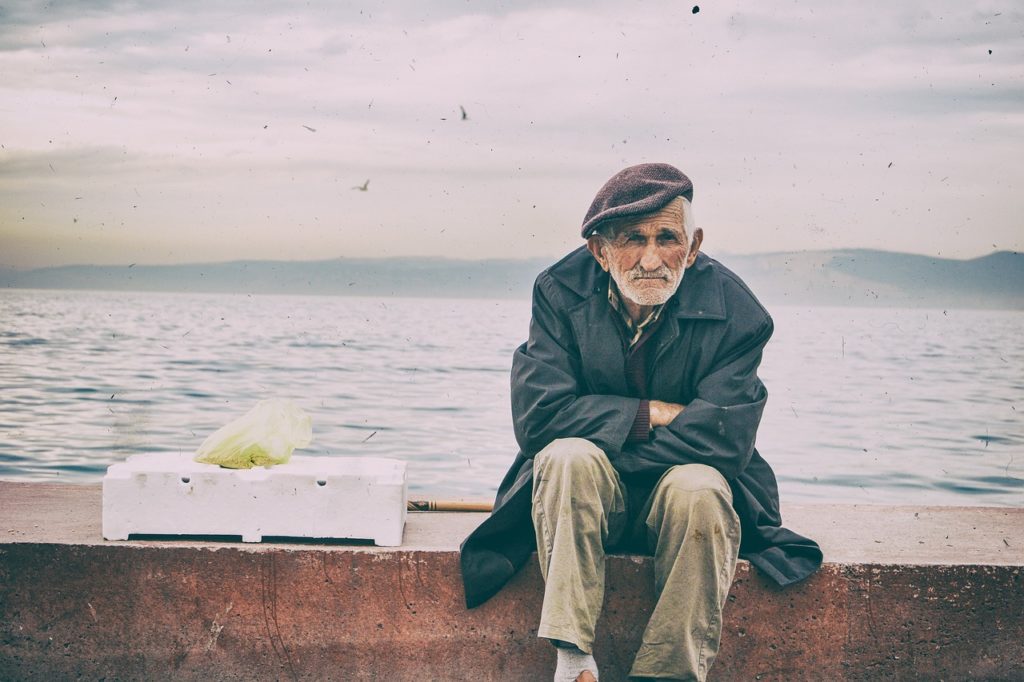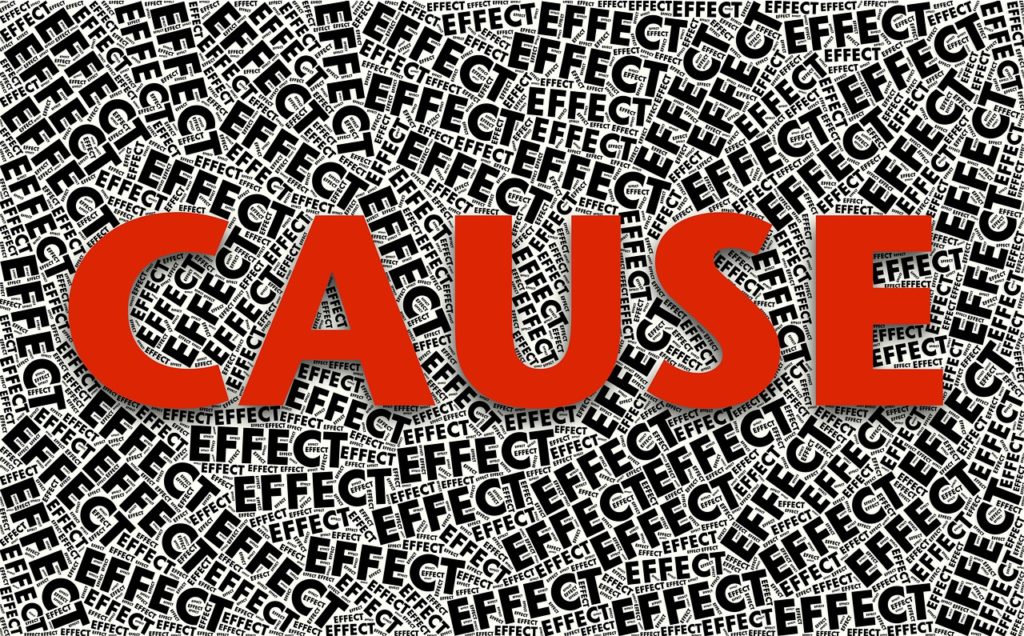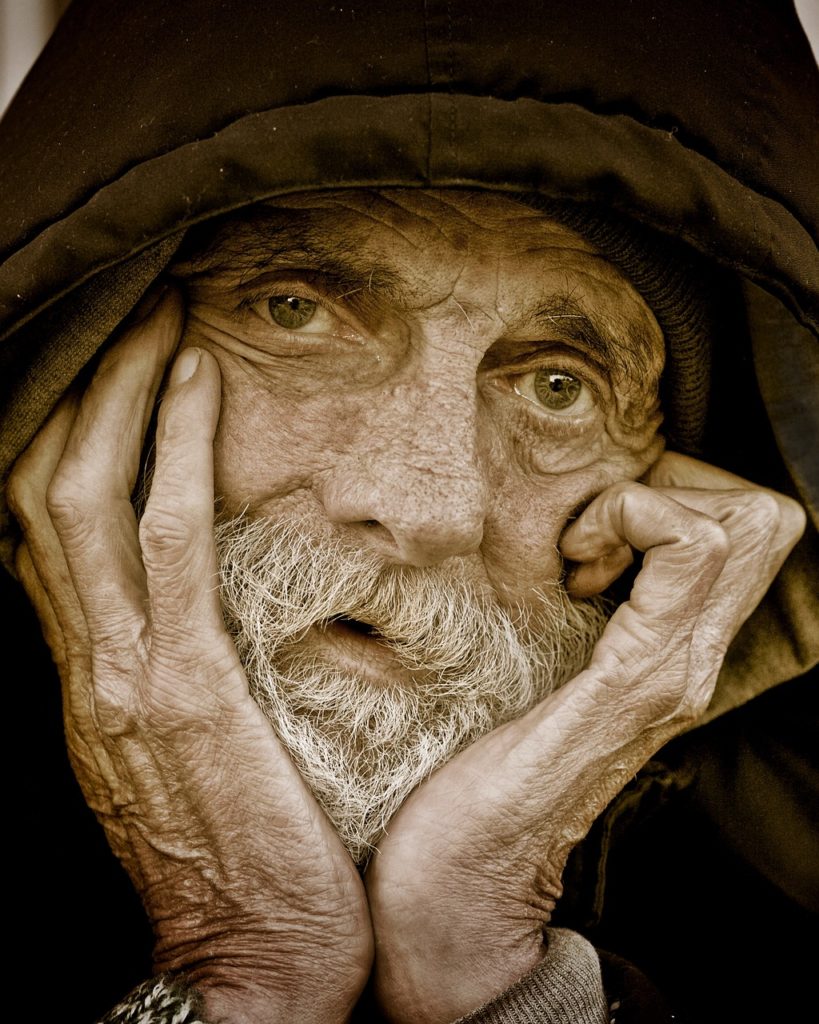Introduction to Age Related Loneliness
Age Related Loneliness. Loneliness can be described as “a subjective, unwelcome feeling of lack or loss of companionship.” A person could be content on their own, but another who is often surrounded by others may feel discontent. It is important to recognize what can lead to loneliness, particularly in a vulnerable population such as seniors. And what can enable seniors to achieve a healthier and better quality of life?
Causes of Loneliness in Seniors
Age Related Loneliness. Seniors may notice an increase in feelings of loneliness as their relationships, the environment they live in, and other key factors in their lives change. In fact, one in five Canadians aged 65 or older indicates they feel lonely sometimes or regularly. For seniors 85 years or older, 25% of them feel lonely some of the time or on a regular basis. There is a range of factors that could trigger loneliness in seniors, including:
- Ending a relationship
- Death of a spouse
- Living alone or feeling alone in a relationship
- Lack of meaningful social connections
- Having difficulty initiating and maintaining relationships
- Spending time with couples and families when you are single
- Being widowed or divorced
- Experiencing holidays and birthdays
- Retirement
- Lack of transportation
- Limited financial resources to participate in social and recreational activities
- Isolating oneself out of feelings of guilt or worry about being a burden to loved ones4
What Factors Increase Loneliness in Seniors?
Age Related Loneliness. There may also be differences in seniors depending on their age, gender identity, sexual orientation, and relationship status. Also, Hawkley and Cacioppo report that “40% of adults over 65 years of age report being lonely at least sometimes, But levels of loneliness gradually diminishing through the middle adult years, and then increasing in old age above,70 years.” The increase in loneliness for seniors can be well accounted for based on the major life changes that occur in older age. As noted above, which naturally leads to a reduction in the quantity and quality of relationships.
In addition to differences between age groups, women tend to report feeling more lonely than men. However, it appears that part of this trend may be accounted for based on women’s greater focus on personal relationships. Hence, distress around having poorer quality relationships, and more frequent reporting of loneliness as a result.
Signs of Senior Loneliness
Age Related Loneliness. How does someone identify what loneliness looks like in themselves or other seniors? People can potentially recognize loneliness if there are concerns in the following areas:
- Sleep difficulties
- Increased shopping as a way of filling a void
- Loss of appetite
- Lower energy levels
- Less regimented personal hygiene
- Bringing up people from their past who are not currently involved in their lives
- Increase or decrease in communication and contact
- Increased alone time or lack of interest in social gatherings
- Statements about feeling lonely, isolated, or that they miss loved ones
- Increase in hot showers or warm baths as a way to compensate for reduced physical contact
- Bringing up health issues and concerns that may not seem valid as a way of having more social contact
- Connecting with strangers via the internet or phone as a way to cope with their loneliness—although these strangers may be trying to scam them
Research
Age Related Loneliness. Research shows that, as individuals age, they are more likely to be impacted by a loss of close personal relationships. Also, deterioration in physical function and health suggests that older adults should be observed more closely for signs of loneliness. Furthermore, the likelihood of being- and feeling- isolated typically increases with age.
As noted previously, women may be more likely to express feelings of loneliness. So then, the signs may be more visible and openly acknowledged in women. However, men are usually less vocal about their discontent. As a result, men may need to be monitored more closely for changes in mood, verbal and non-verbal communication. And self-care and social behaviour that could reflect an increase in loneliness.
Mental Health Diagnoses Related to Loneliness
It has been established that loneliness often occurs in seniors in tandem with other mental health conditions, most notably, depression. Loneliness can lead to depression, given that social isolation can evoke a low mood. A low mood can reduce a person’s desire and motivation to participate in social activities, thereby enhancing loneliness.
Depression can make a person have difficulty focusing on conversations, disrupt their sleep, reduce their energy, and is related to feelings of low self-esteem, which may lead to a person perceiving they are not worthy of the time and energy from a friend or family member and can contribute to self-isolation. Depression can also negatively impact brain activity, brain health, and sleep, potentially speeding up the ageing process and placing seniors at greater risk for dementia and cognitive impairment.
Anxiety
Loneliness has also been linked to anxiety, specifically social anxiety. Perceived stress surrounding initiating or participating in social interactions worry about not having strong social skills. Low confidence in one’s ability to navigate social situations are all potential factors related to social anxiety that may lead people to shy away from connecting with others. Hawkley and Cacioppo also found that loneliness may be linked to personality disorders and psychosis, where significant mental health issues can amplify loneliness via increased social isolation.
The high likelihood that mental health issues and diagnoses can either cause or augment loneliness suggests that accessing mental health supports to improve coping skills and problem-solving skills and enhance one’s quality of life can help reduce loneliness in seniors.
When to Get Professional Help for Senior Loneliness
Feeling an occasional pang of loneliness is common and may not be cause for serious concern if it happens intermittently and doesn’t linger in your day-to-day life. However, there may be certain times and scenarios where reaching out to a health, mental health, public authority (e.g. the police) or emergency service (e.g. 911, emergency room) could be necessary.
If there are concerns regarding senior abuse of any kind (physical, psychological, emotional, financial, or neglect), it is crucial to get professional help and protective services involved. There is a range of resources, depending on the region, province, or state that you live in, that can help you get the support you need, such as the National Centre on Elder Abuse (NCEA), the Eldercare Locator, and the Government of Canada provincial and territorial resources on elder abuse (see the Resources section at the bottom of this article for more information). Know that you are not alone. There are specialized services out there that deal with these sensitive issues, and they are there to help you.
Elder abuse is one such situation where getting help is critical. Another scenario is when seniors experience such severe depression that they have difficulty completing their activities, responsibilities, and routines due to low mood, low motivation, thoughts about harming themselves or others, and depressive symptoms that are prolonged for a few weeks or longer than severely impact their daily functioning. If you are experiencing a mental health crisis and require urgent assistance, call 9-1-1 or go to your nearest emergency room. For non-crisis situations, reach out to a mental health professional to learn how to enhance your overall emotional health and wellness.
In Conclusion
Humans are social and do not enjoy isolation. However, as we age, the chances of ending up alone increase, and we all face losing partners and friends, unfortunately. But we must stay positive and get out and not just sit alone at home, so go and find friends. Remember, you can volunteer in many places where you will meet other like-minded people.
Important Note *
Remember that everyone is different, and it is ultimately YOUR RESPONSIBILITY to find what your body responds to. So please do your due diligence before trying anything new, including getting Medical Advice to ensure your safety and peace of mind.
Connect with me and leave a comment or two on my social media.







2 replies on “Age Related Loneliness”
Thanks for this article – so very pertinent .
I’m nearing my 73 birthday, but still active in full time employment – there is time to think or nurture loneliness when one is busy.
Be blessed!
Hi Latchmenarine, Thank you for your comment, I appreciate you taking the time to comment, all the best Ian